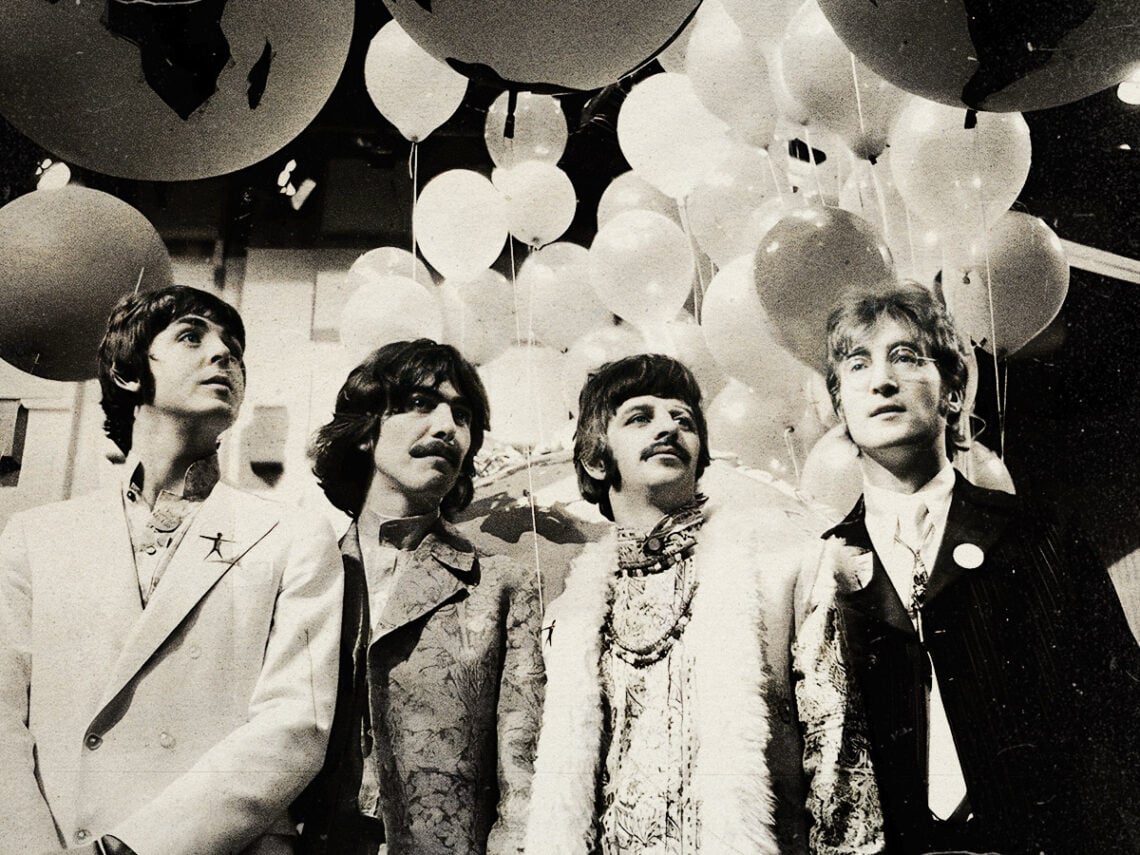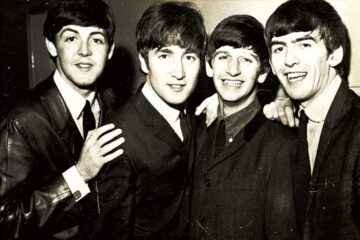The middle eight in Lou Reed’s ‘A Perfect Day’, the key change in The Beach Boys’ ‘God Only Knows’, the final chords in the coda to The Strokes’ ‘Under Control’, and the jazzy crescendo of Nina Simone’s ‘Sinnerman’, all of these are perfect moments in music. However, that appraisal is purely subjective, and when science gets involved in crowning the perfect pop song from start to finish, there’s only one winner. And it comes as little surprise that it’s The Beatles.
Over 60 years on from their debut single, the Fab Four finished 2023 with yet another number-one song, concluding their discography with their 21st chart-topper, ‘Now and Then’. Some scientists with spare time over in Germany have provided evidence as to why they might have been able to be at the top of the pops so many times while still progressively pushing boundaries.
One of the key elements of pop is catchiness, and it’s been proven by neuroscientists that one of the key elements of catchiness is… surprise. Keeping the listener on their toes in an appealing manner triggers reward pathways, so a sweet note that shocks you is akin to a nicely wrapped aural present. When arranged correctly, this means that a sequence of surprising chords collated seamlessly is like a drip-feel of feel-good energy that keeps you hooked.
With this in mind, researchers at the Max Planck Institute in Germany handpicked 700 pop hits and analysed the 80,000 chord progressions contained therein. Using machine learning, they could rank the level of surprise, comparing the whole sequence note-by-note. Then, to ratify the work of the machines, they enlisted volunteers and played them the songs without melody or lyrics, just one chord followed by the next.
The value of surprise was once again proven. The volunteers found it much more pleasing when they couldn’t easily predict which chord would come next. Endorphins were released when the next chord was sweetly unexpected. So, when it comes to pleasing pop, there was one resounding winner that the scientists deemed almost “perfect”; it was, of course, the often maligned ‘Ob-La-Di, Ob-La-Da’, frequently cited as one of the worst Beatles songs.
John Lennon himself dubbed his songwriting mate’s tune as “Paul’s granny shit”. And George Harrison even mocked it in song. Three months after a frustrating recording session of the obscure track, he wrote the following lyrics for the track ‘Savoy Truffle’: “But what is sweet now, turns so sour / We all know Ob-La-Di, Ob-La-Da / But can you show me, where you are?” hinting at what he what was a vapid track that turned the band against each other.
Nevertheless, PhD student Vincent Cheung at the institute said: “It is fascinating that humans derive pleasure from a piece of music just by how sounds are ordered over time. Songs that we find pleasant strike a good balance between us knowing what is going to happen next and surprising us with something we did not expect.”
So, while BJ Thomas’ ‘Hooked on a Feeling’ and Genesis’ ‘Invisible Touch’ might have ranked high, none were musically more perfect than the divisive yet ultimately delightful Beatles track. Leaving McCartney with the last laugh.



